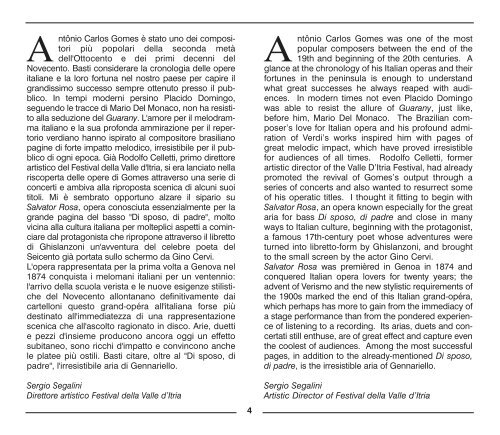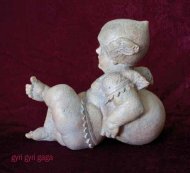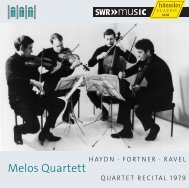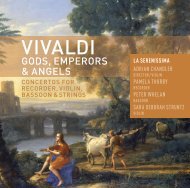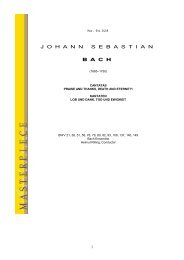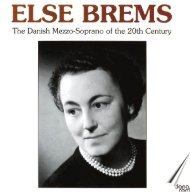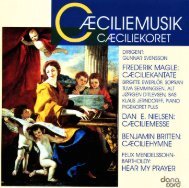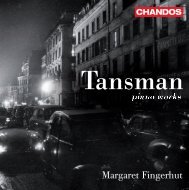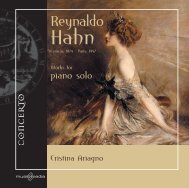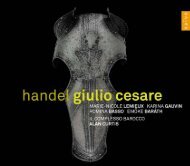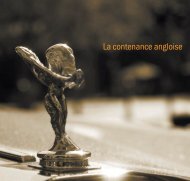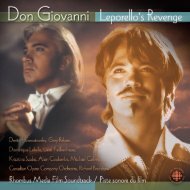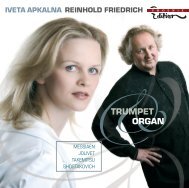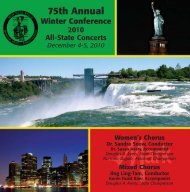LIBRETTO - Naxos Music Library
LIBRETTO - Naxos Music Library
LIBRETTO - Naxos Music Library
You also want an ePaper? Increase the reach of your titles
YUMPU automatically turns print PDFs into web optimized ePapers that Google loves.
ooklet472.qxd 18/02/2005 14.33 Pagina 4<br />
A<br />
ntônio Carlos Gomes è stato uno dei compositori<br />
più popolari della seconda metà<br />
dell'Ottocento e dei primi decenni del<br />
Novecento. Basti considerare la cronologia delle opere<br />
italiane e la loro fortuna nel nostro paese per capire il<br />
grandissimo successo sempre ottenuto presso il pubblico.<br />
In tempi moderni persino Placido Domingo,<br />
seguendo le tracce di Mario Del Monaco, non ha resistito<br />
alla seduzione del Guarany. L'amore per il melodramma<br />
italiano e la sua profonda ammirazione per il repertorio<br />
verdiano hanno ispirato al compositore brasiliano<br />
pagine di forte impatto melodico, irresistibile per il pubblico<br />
di ogni epoca. Già Rodolfo Celletti, primo direttore<br />
artistico del Festival della Valle d'Itria, si era lanciato nella<br />
riscoperta delle opere di Gomes attraverso una serie di<br />
concerti e ambiva alla riproposta scenica di alcuni suoi<br />
titoli. Mi è sembrato opportuno alzare il sipario su<br />
Salvator Rosa, opera conosciuta essenzialmente per la<br />
grande pagina del basso "Di sposo, di padre", molto<br />
vicina alla cultura italiana per molteplici aspetti a cominciare<br />
dal protagonista che ripropone attraverso il libretto<br />
di Ghislanzoni un'avventura del celebre poeta del<br />
Seicento già portata sullo schermo da Gino Cervi.<br />
L'opera rappresentata per la prima volta a Genova nel<br />
1874 conquista i melomani italiani per un ventennio:<br />
l'arrivo della scuola verista e le nuove esigenze stilistiche<br />
del Novecento allontanano definitivamente dai<br />
cartelloni questo grand-opéra all'italiana forse più<br />
destinato all'immediatezza di una rappresentazione<br />
scenica che all'ascolto ragionato in disco. Arie, duetti<br />
e pezzi d'insieme producono ancora oggi un effetto<br />
subitaneo, sono ricchi d'impatto e convincono anche<br />
le platee più ostili. Basti citare, oltre al "Di sposo, di<br />
padre", l'irresistibile aria di Gennariello.<br />
Sergio Segalini<br />
Direttore artistico Festival della Valle d’Itria<br />
4<br />
A<br />
ntônio Carlos Gomes was one of the most<br />
popular composers between the end of the<br />
19th and beginning of the 20th centuries. A<br />
glance at the chronology of his Italian operas and their<br />
fortunes in the peninsula is enough to understand<br />
what great successes he always reaped with audiences.<br />
In modern times not even Placido Domingo<br />
was able to resist the allure of Guarany, just like,<br />
before him, Mario Del Monaco. The Brazilian composer’s<br />
love for Italian opera and his profound admiration<br />
of Verdi’s works inspired him with pages of<br />
great melodic impact, which have proved irresistible<br />
for audiences of all times. Rodolfo Celletti, former<br />
artistic director of the Valle D’Itria Festival, had already<br />
promoted the revival of Gomes’s output through a<br />
series of concerts and also wanted to resurrect some<br />
of his operatic titles. I thought it fitting to begin with<br />
Salvator Rosa, an opera known especially for the great<br />
aria for bass Di sposo, di padre and close in many<br />
ways to Italian culture, beginning with the protagonist,<br />
a famous 17th-century poet whose adventures were<br />
turned into libretto-form by Ghislanzoni, and brought<br />
to the small screen by the actor Gino Cervi.<br />
Salvator Rosa was premièred in Genoa in 1874 and<br />
conquered Italian opera lovers for twenty years; the<br />
advent of Verismo and the new stylistic requirements of<br />
the 1900s marked the end of this Italian grand-opéra,<br />
which perhaps has more to gain from the immediacy of<br />
a stage performance than from the pondered experience<br />
of listening to a recording. Its arias, duets and concertati<br />
still enthuse, are of great effect and capture even<br />
the coolest of audiences. Among the most successful<br />
pages, in addition to the already-mentioned Di sposo,<br />
di padre, is the irresistible aria of Gennariello.<br />
Sergio Segalini<br />
Artistic Director of Festival della Valle d’Itria


